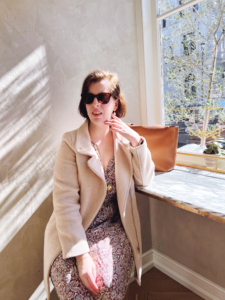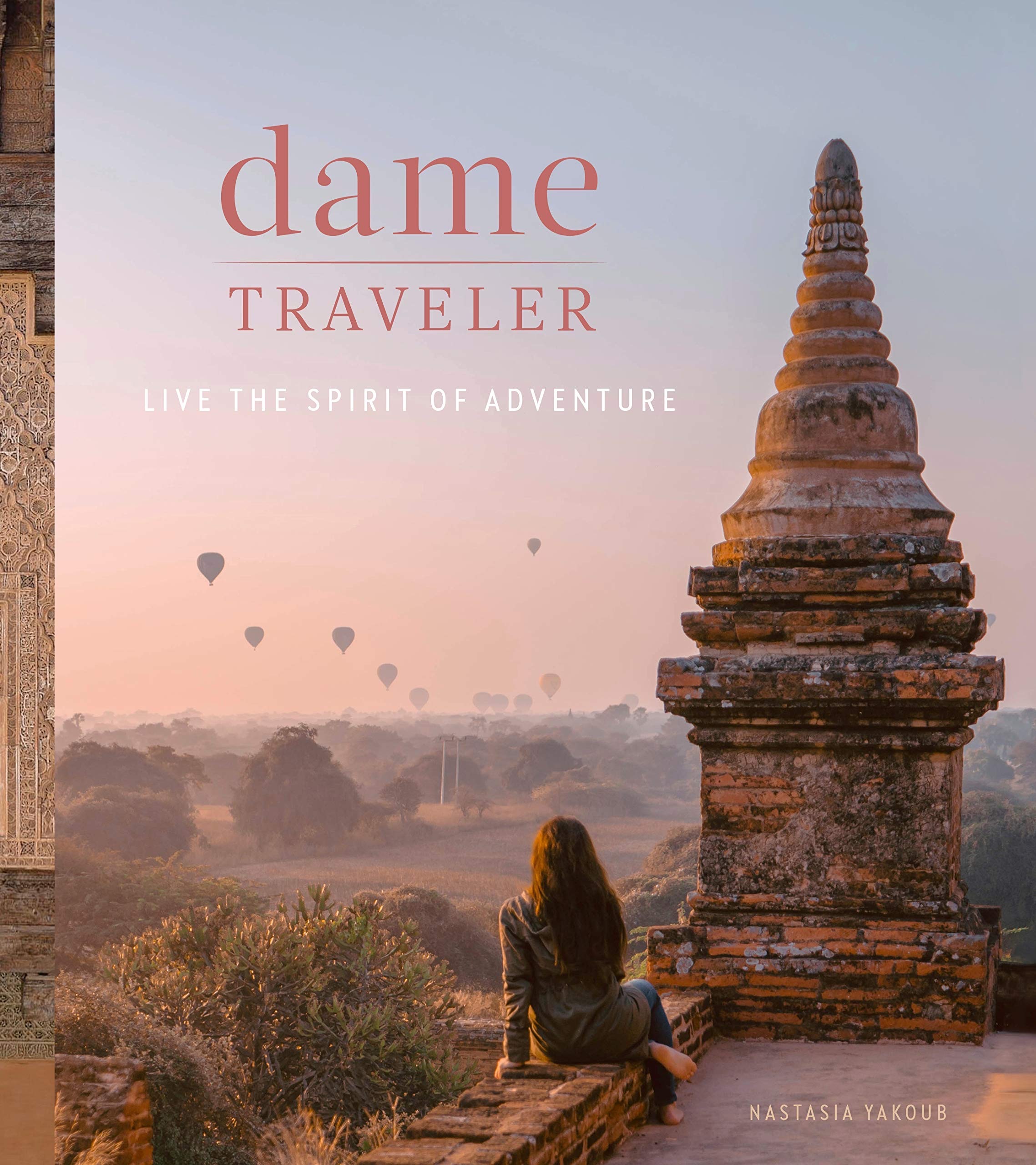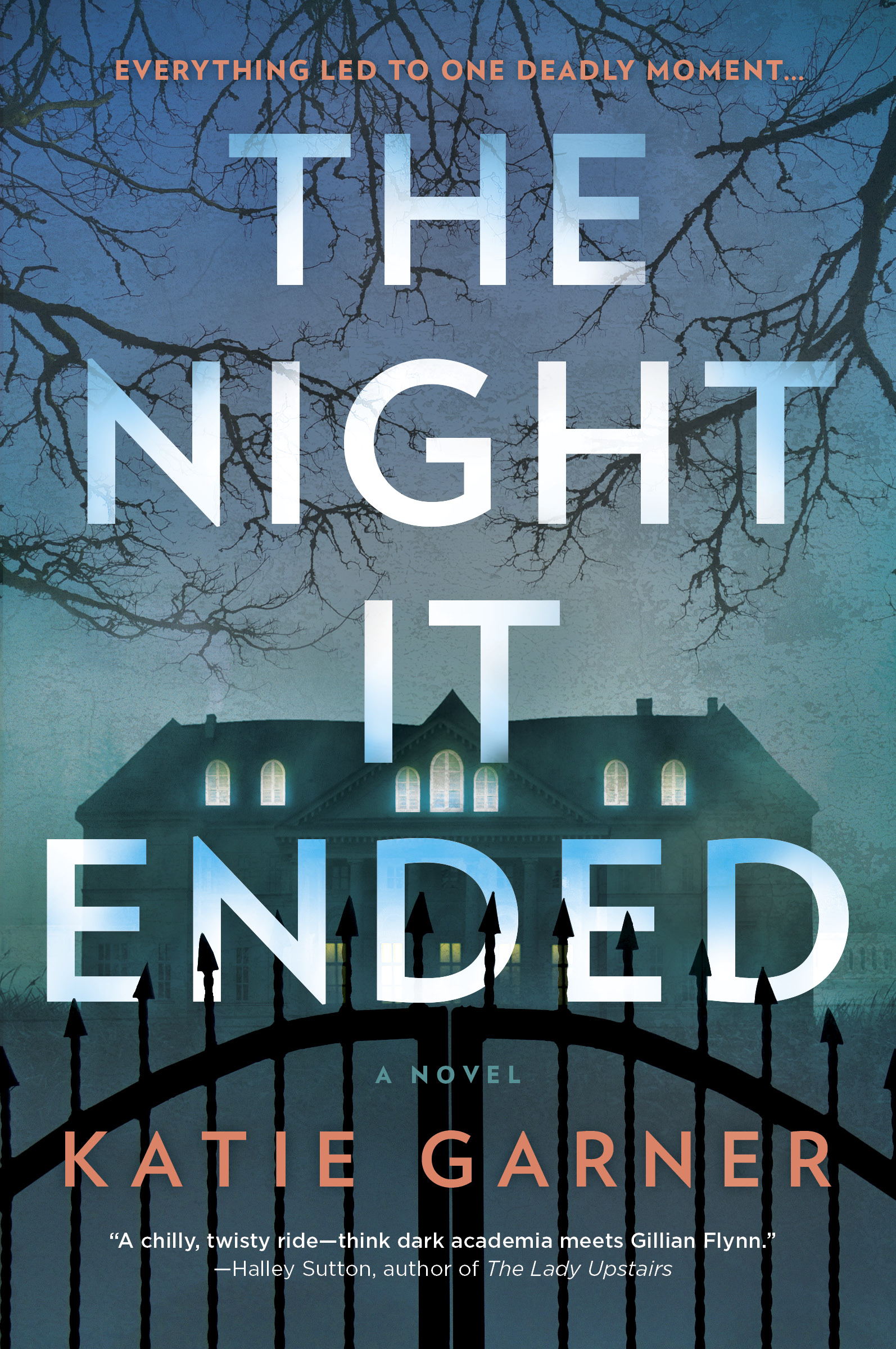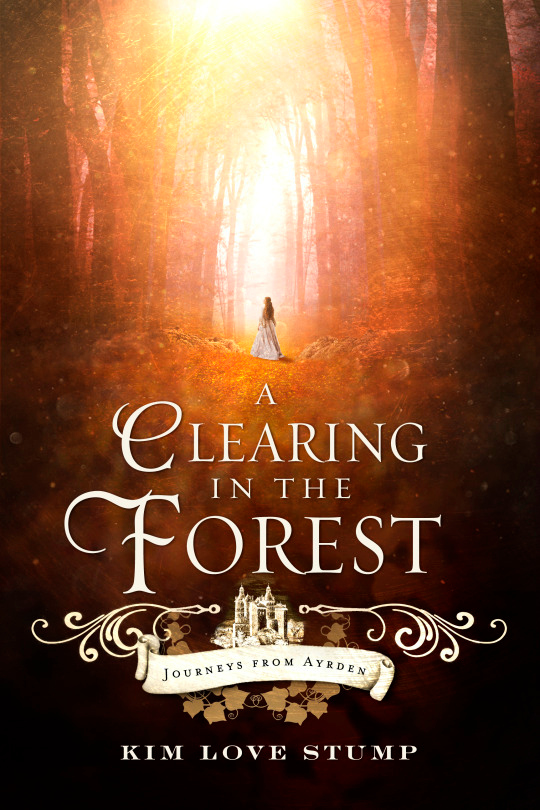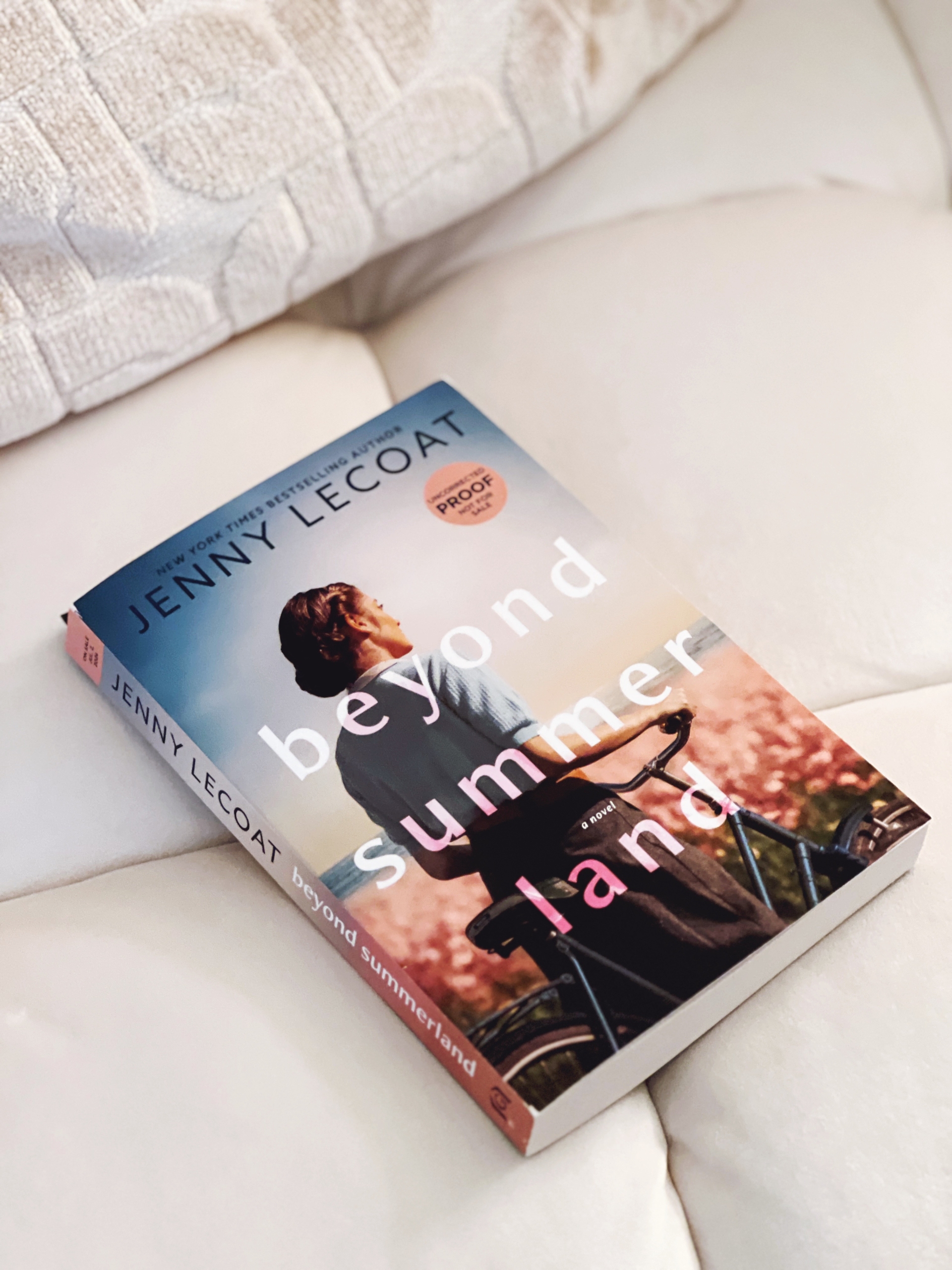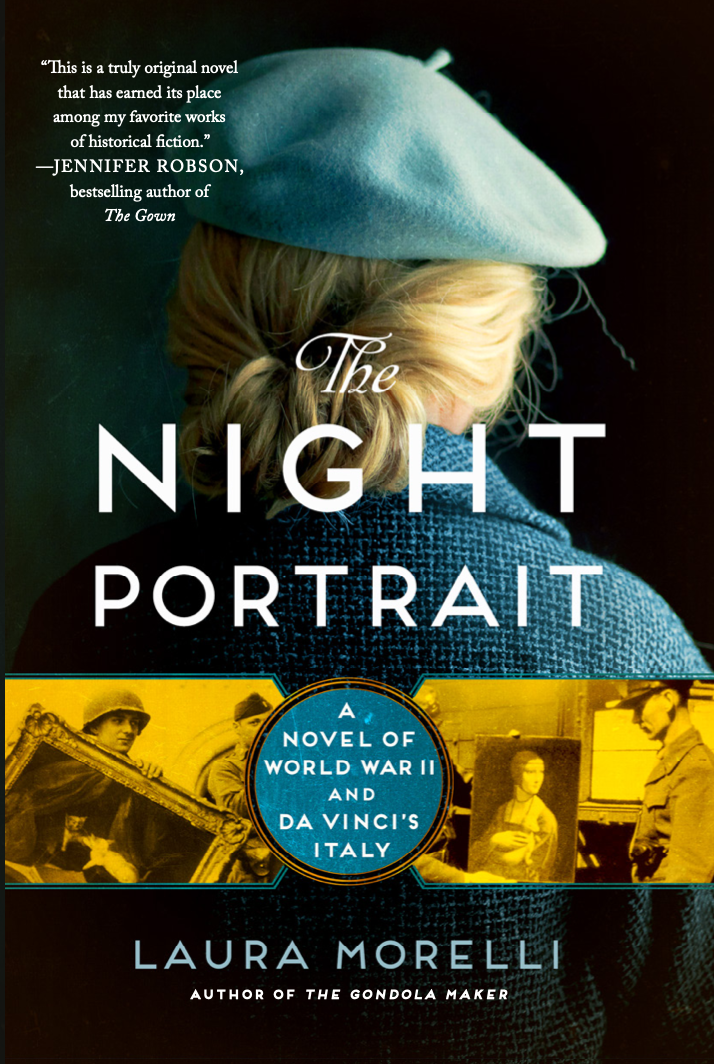“I wasn’t going to sit back and wait for change. I was going to go out, grab it by the reigns, come and guide it in the direction I wanted it to go.” — Hattie McDaniel, The Queen of Sugar Hill, ReShonda Tate
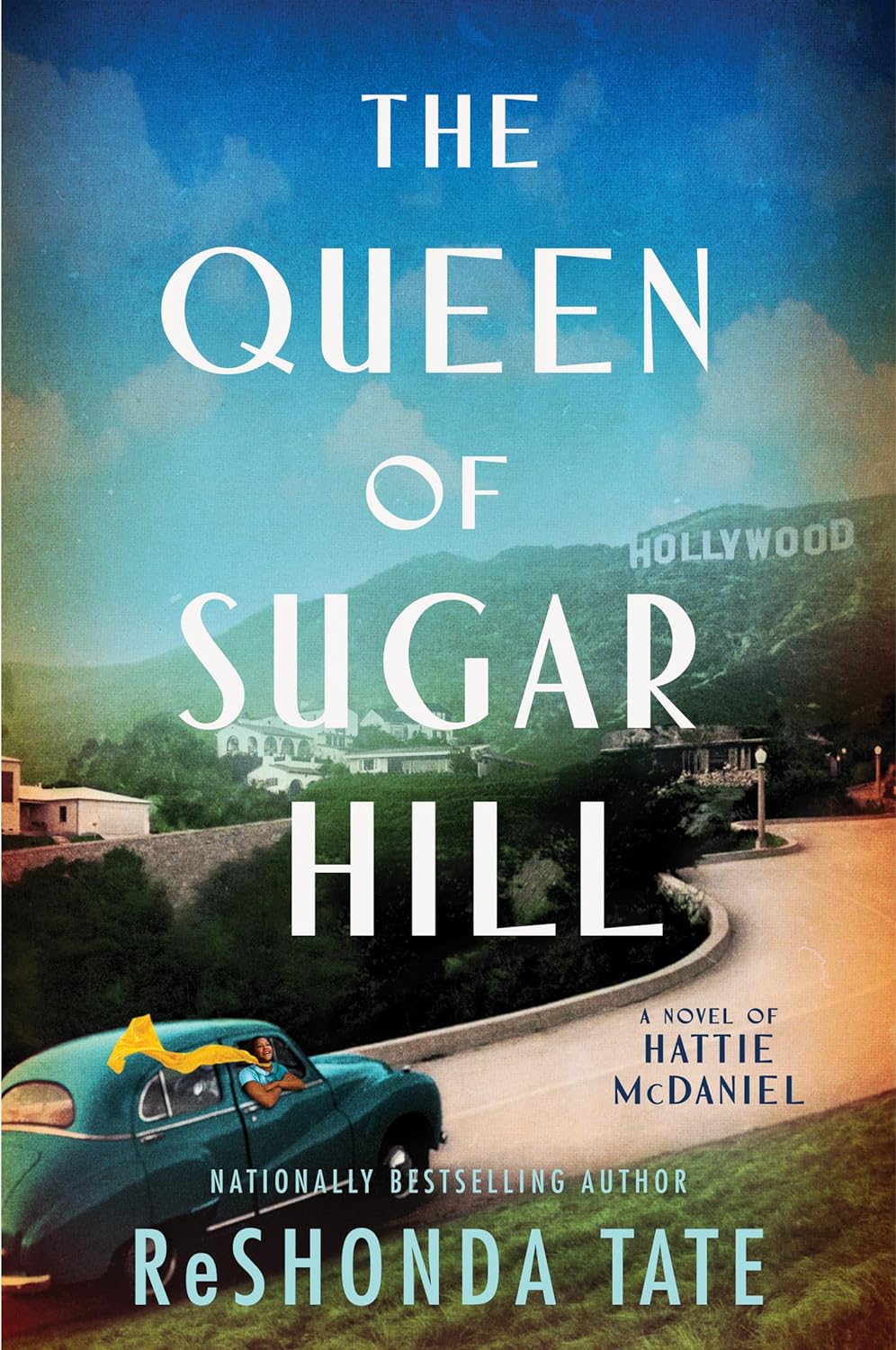
After a writing career that has spanned 50 books, ReShonda Tate has finally written the novel that she’s always wanted to write. Hattie McDaniel was the first African-American woman to win an Academy Award for her role as Mammy in the controversial movie Gone with the Wind. Despite this achievement, Hattie continued to struggle with discrimination in both the white and black communities as she paved the way for other actors like herself to get the roles they truly deserved. Even though Hattie faced adversity throughout her life with setbacks in both her personal and professional life, author ReShonda Tate shows the true nature of Hattie as the shining light that she truly was.
I recently had the opportunity to chat with ReShonda ahead of today’s release of The Queen of Sugar Hill, and I hope you will enjoy this inside look into the truly inspiring life of Hattie McDaniel.
Your interest in Hattie McDaniel began in high school. After writing over 50 books, what renewed your interest in writing a book about Hattie’s life?
I have always been enthralled with her, in general, and I really reached a point after 50 books where I wondered, ‘What’s next?” I used to stay away from these types of books because I was a journalist by trade, so it felt too much like work. If I would go and start researching it would just feel like what I did for a living… but I was just so fascinated by her. So I thought, why don’t I do what I know how to do, which is research and merge it with my fiction? In that, I found the perfect marriage.
Was the title always going to be The Queen of Sugar Hill (due to the location of Hattie’s dream home) or were there other working titles?
That has been the title from the very beginning. I think I had the title right when I first started writing, and I normally never have the title for a book until the last thing.
Have you visited Hattie’s Los Angeles home?
I have. I went to her home and I took a whole lot of pictures like a tourist and sort of traced her footsteps. I did a whole lot of research at the Huntington Library and in LA. I drove in every area where she lived, so I really did a lot of research because I wanted to feel the ‘essence’ of Hattie. I went to her house with my family one time, and I told my son, ‘I feel like she’s here talking to me, and encouraging me to do my story.” It really did feel like she was there urging me to see this through.
Tell me about the research process for the book.
Like so many people when you first start out researching, I went to the internet. I figured I’d get some basics, but so much was wrong and conflicting facts. So I decided to dig deeper, and as I did I found that I had a hard time verifying a lot of the information that I found on the internet. I went through census records at that point and found out that so much of what is on the internet is wrong. Even stories that historians had done on her were wrong. There was a husband, George Langford who was said to have died by a gunshot wound, and that information was erroneous.
You really captured Hattie’s voice and brought her to life, how do you think Hattie would feel about your portrayal of her?
I think she would be pleased because I didn’t sugarcoat either the black or white relationships that she had. I really felt like I captured the essence, the good, the bad, and the ugly of her life.
How do you feel that Hattie’s determination to seek better roles paved the way for other POC actors?
There are so many people that look at what she used to do and they cringe, but that’s because we’re looking at it through a 21st-century lens. There really are so many advancements that have been made because of what Hattie and others like her endured. I think the actors of today recognize that and even the people that didn’t like the type of roles that she took. They recognized the era that she lived in and that she opened the door to show that actors of color were talented and should be seen for that talent.
With all of the struggles Hattie faced during her career and in her personal life, do you feel there was a time when she was truly happy?
I feel like she had bouts of happiness. She loved what she did, but she wanted to advance like so many of us do, but she was confined. I feel like she looked for happiness, and there were moments when I tried to display this in the book. I didn’t want her to be downtrodden all the time, because she was a happy, jovial person. I definitely think she had many happy moments, and yet again even in the bleakest moments, she found that nugget of happiness to hold onto.
If you could have met Hattie in real life, what would you have asked her?
I would have just sat at her feet and soaked up her knowledge. If I were to ask her now, and would ask if she would do anything different. I hope her answer would have been, “No.” Her thing really was doing the best with the hand that life had dealt her.
What was it like winning an NAACP award for your writing?
It was wonderful. I was actually not in the theater when they called my name. So that’s one biggest literary regrets. I was on the red carpet at the time, as a new author it was my first time there and I was so excited. So while I was waiting to have my moment on the red carpet, the ‘real’ celebrities kept going in front of me, so I was delayed getting into the auditorium until 3:15 and they called the literary winner at 3:10, so I missed my name. I just wanted to yell as I walked in the door, ‘I’m here, I’m here.” but it was a wonderful experience.
Are you working on your next book, and if so can we get a sneak peek?
I am. I’m so excited about these untold folks’ stories. I’m working on a book, The Incomparable Ms. Powell. It is about the life of Hazel Scott. She was one of the biggest jazz singers and pianists in the country, but people really don’t know about her, because she was erased from history because she was accused of being a communist. She was married to Adam Clayton Powell Jr. So her story is really fascinating. I’ve already been to New York starting my research and I’m super excited about this story.
Order your copy of The Queen of Sugar Hill.



